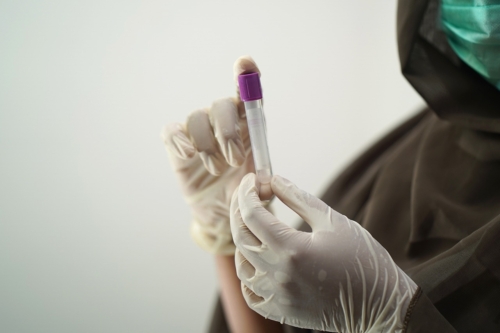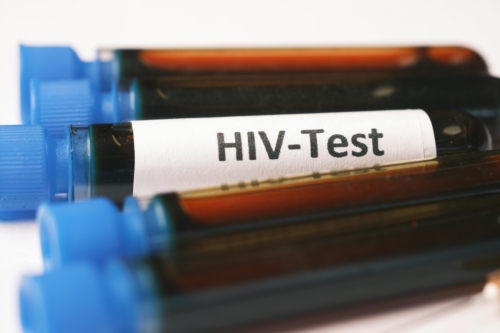Appeals court reinstates HIV-related charge against equestrian star
An appellate court has reinstated a felony charge against Olympic equestrian star X, who is accused of failing to notify a sex partner that he was HIV positive. The opinion, which was issued Friday, cites legal precedent and multiple English dictionaries to help answer a key question: How did the Florida Legislature define “sexual intercourse” when writing this law?
X was arrested on Jan. 20, 2010. The victim, whose name is withheld because of the circumstances of the case, told authorities he and X engaged in unprotected sex between February and June of 2009 during the course of their relationship. X knew he had tested positive for HIV, authorities say. It is unknown if the victim ever tested positive for HIV. But authorities allege he was never told of X’s health status. Such failure to disclose is a felony offense under Florida law.
In January 2012 Circuit Judge Hale Stancil dismissed the charge. The defense argued that “sexual intercourse,” for purposes of the statute, was defined as the female sex organ being penetrated by the male sex organ, and thus the phrase did not cover the kind of sex X and his male partner had. Therefore, the defense said, the law was not applicable in this case. In dismissing the charge, Stancil referred to a recent precedent set by another appellate court in Florida. That court had agreed that proof of “sexual intercourse” between a man and woman was necessary to constitute a violation of the law.
The State Attorney’s Office appealed Stancil’s decision, and on Friday the 5th District Court of Appeal overruled the judge and reinstated the case. “The defendant’s interpretation of the statute as being limited to heterosexual vaginal sex runs counter to the Legislature’s intent to efficiently and effectively reduce the incidence of sexually transmitted diseases in Florida,” the opinion reads. The decision noted that the law in question is part of the Control of Sexually Transmissible Disease Act. That act is designed to be a “flexible framework” that allows the state to respond to changing medical knowledge concerning HIV and AIDS.
According to Assistant State Attorney Brad Robinson, the case will now come back to Marion County for trial or other disposition.




